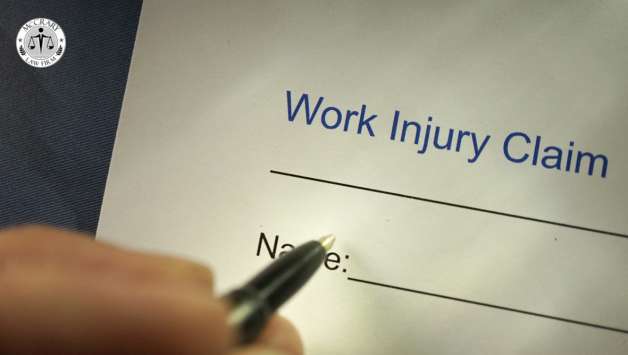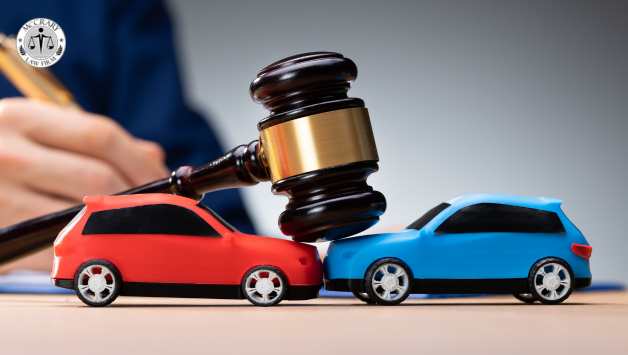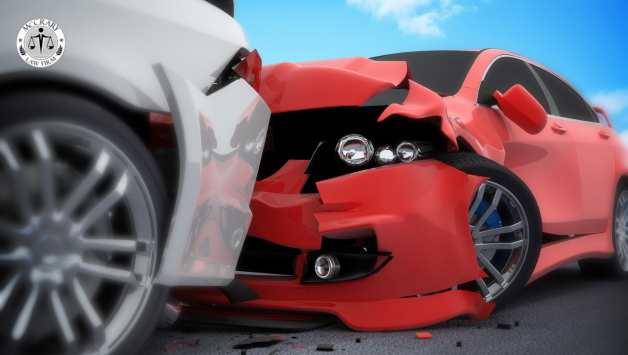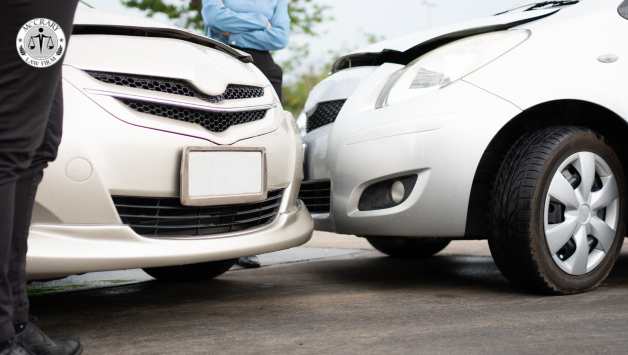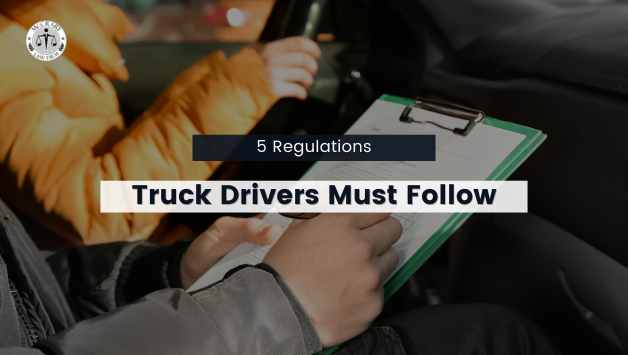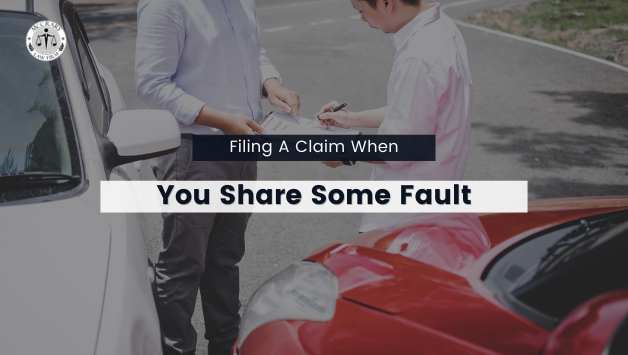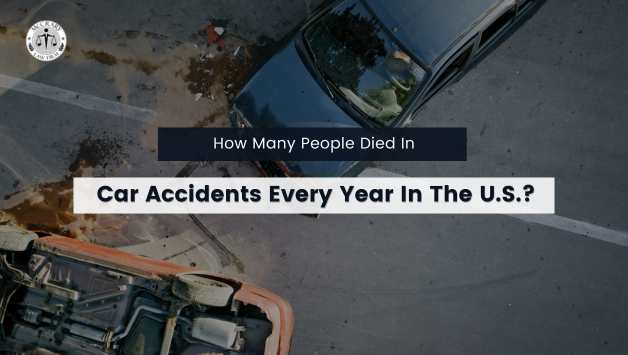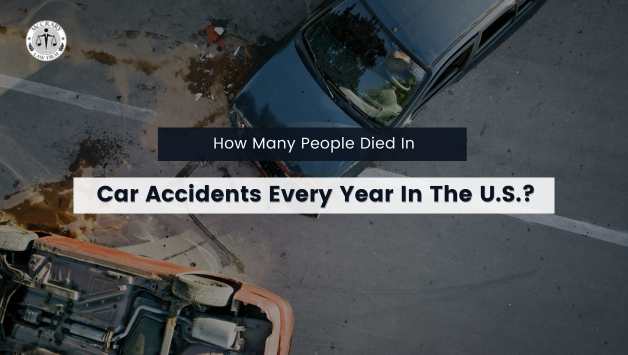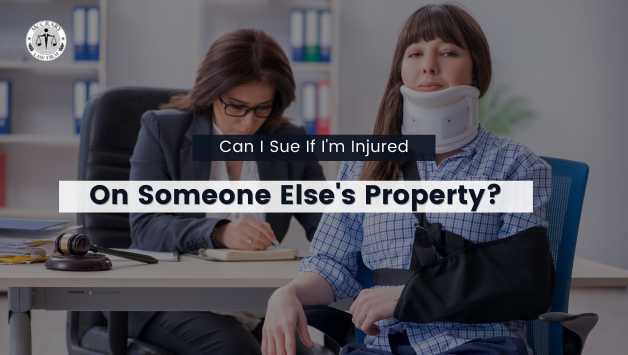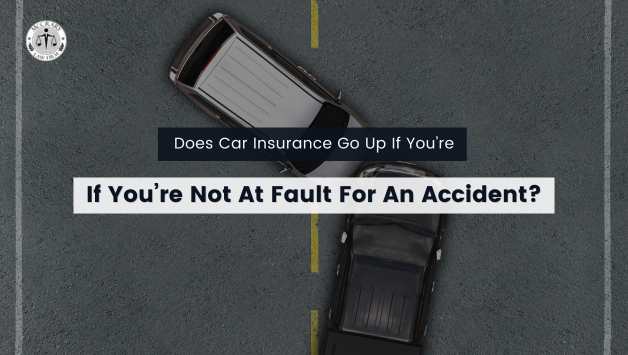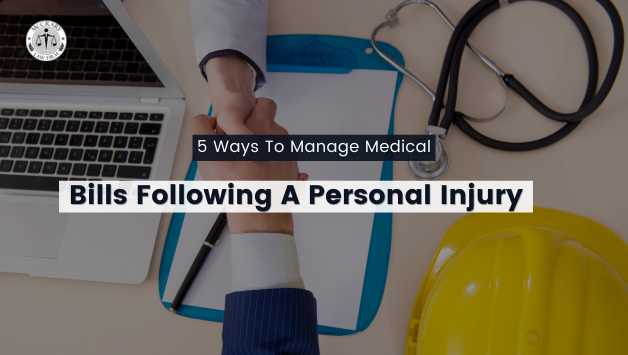How To Prove You Are Not At Fault In A Car Accident? Simple Steps!
8 Points Worker Comp Lawyers Never Tell (BUT YOU SHOULD KNOW!)
By Dan McCrary | July 6, 2024
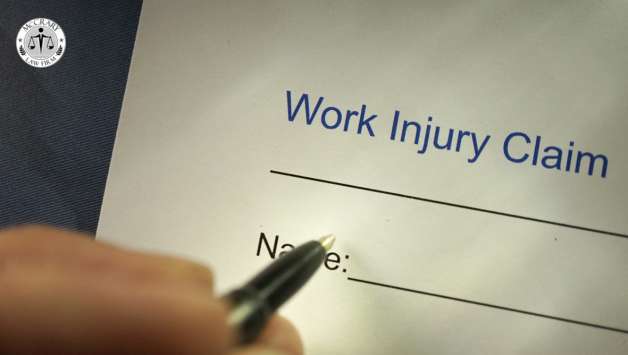
It’s extremely important to find a good workers’ comp lawyer to receive fair compensation for your injury. However, we also know it’s difficult to find the best lawyer to tell you the truth, maintain transparency, and guide you through the process.
But don’t worry, as we’re here to help out in this matter. We don’t want you to rely on any lawyer regarding workers’ compensation because we’ll share information about the points most lawyers don’t disclose (or hide).
So, let’s get into the details and find out what workers’ comp lawyers won’t tell you. After learning these points, you’ll have good knowledge about your case, and you can hire a better lawyer and get fair compensation.
8 Important Points No Worker Comp Lawyers Tell
Here’s a list of the points you, as the client, should know, but unfortunately, not many lawyers disclose. Let’s find out so you can make informed decisions.
1. You Don’t Have To Accept Compensation
The first and most important point is you don’t have to accept the compensation the insurer is offering until you’re satisfied with it. In most cases, when you go for workers’ compensation, the insurer often begins by offering low compensation.
They may try to blame you instead of the employer for the injury, which often leads to the victim accepting a lesser amount. Not many lawyers tell their clients that they can ask for more compensation based on their loss.
2. Who’ll Be Handling Your Case
You should also know who will be handling your case. Remember, choosing a good workers’ comp lawyer is extremely important, but sometimes the lawyer you’ve hired after much research gives the case to another lawyer in the firm.
What will you do if that happens and the other lawyer fails to represent your case correctly? To avoid this type of situation, always discuss who will handle your case till the end of the hiring process.
3. Delays and Expectations
Not all lawyers tell you there can be delays and that what you expect might not be achieved. Workers’ compensation cases can drag on for months or even years, depending on the complexity of your case and the tactics used by the insurance company.
So you really need to discuss how long the case will go on and what your chances are of getting the compensation you want. Transparency from the beginning can help you choose the right lawyer and receive fair compensation.
Have a question?
We’re here to help 24/7.
Call or Text Us Now (855) 752-6326
4. Strategies To Maximize Your Compensation
There are not many lawyers who give their best to the client. Most lawyers focus more on getting more cases than guiding clients. They don’t tell the strategies that can be used to maximize your compensation.
For example, you can ask for compensation for loss of income, emotional and physical pain, disability (if any), etc. We suggest a detailed session with your lawyer about maximizing your compensation.
5. You Can Interview Your Lawyer
You have the right to interview your lawyer before making any commitments. Ask about their strategy for your case, expected timeline, and fee structure.
Don’t hesitate to inquire about their expertise in similar cases. You should also discuss the success rate of their past cases and many other relevant questions. This interview process ensures you find a lawyer who’s the right fit for your needs.
6. What Does Worker Compensation Cover
Your lawyer may not go into such details as guiding you on what workers’ compensation is and what it covers. Still, you should always remember that workers’ compensation isn’t only about medical bills.
It covers everything from hospital bills, medications, missed wages, temporary or permanent disability benefits, and even family death benefits. This is why it’s important to discuss your loss with your lawyer in detail so they can tell you what fair compensation is.
7. You Can Always Find A New Legal Representative
If you’re unsatisfied with your current lawyer, you can change your legal representation. You can do this anytime—just make sure to review your contract for any clauses about changing lawyers.
McCrary Law Firm also has experienced workers’ compensation lawyers. We don’t charge anything for the first consultation, so feel free to contact our team if your current legal representative isn’t the right choice.
8. You May Need To Testify
Some attorneys don’t prepare their clients for the possibility of having to testify. If your case goes to a hearing, you might need to give testimony about your injury and how it has affected your life.
While this process is necessary and can help the judge better understand your case, it can also be stressful to recall and describe the painful events of your injury.
Personal Injury
Car Accident
Dog Bite
Motorcycle Accident
Truck Accident
Uber or Lyft
Wrongful Death
Latest News
Final Thoughts
We’ve explained all the important points that workers’ comp lawyers won’t tell you so you can be aware of everything. It will also help you find the right lawyer, as any lawyer who doesn’t go through these points might just be interested in getting a case, not listening to your problem.
If you have any other problems or questions regarding workers’ compensation, you can contact our team anytime, 24/7. We don’t charge anything for consultation and will come to you (if you’re unable to come because of injury).
FREE CONSULTATION 24/7, NO FEES UNTIL WE WIN .
Call or Text Us Now (855) 752-6326

